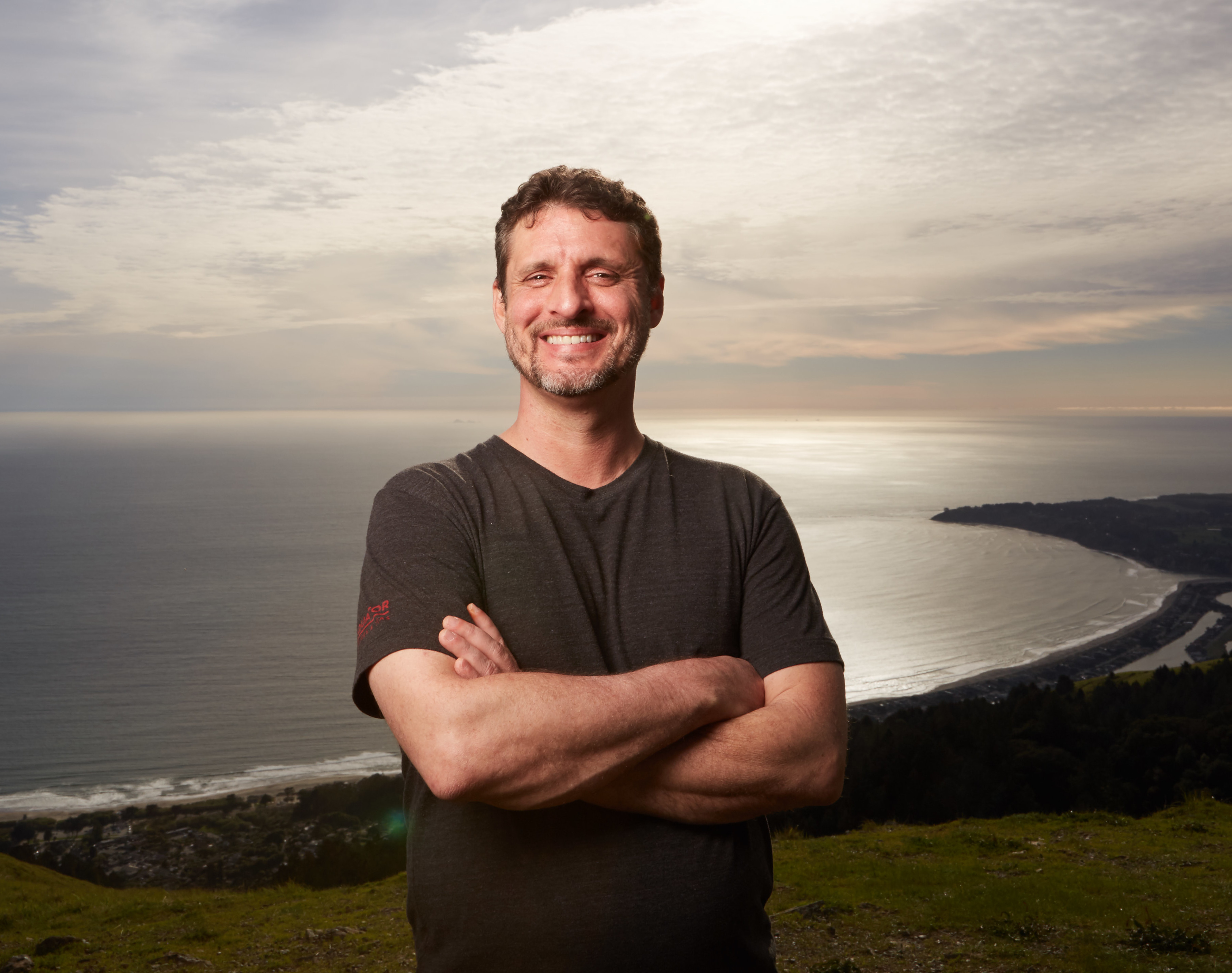On April 4, 1968, Robert Kennedy received the news that Dr. King had been shot as Kennedy boarded a plane for a campaign rally in one of Indianapolis’ Black neighborhoods. When he landed in Indiana a reporter came onto the plane and told him King was dead. RFK, “seemed to shrink back, as though struck physically."
The mayor, the police chief, and some of his own aides advised RFK to cancel the event, arguing that it would be suicidal for him to appear in the ‘ghetto.’ The Indianapolis police refused to escort him. However, with cities across the US already erupting, one police inspector felt the event should go on, and told one of RFK’s aides, “I sure hope he goes. If he doesn’t, there’ll be hell to pay. He’s the only one who can do it.”
Most in the crowd had been waiting outside for several hours & many had not yet heard the news. It would fall to Kennedy to inform them. Light rain fell as he climbed onto a flatbed truck. A television reporter described him as “hunched in his black overcoat, his face gaunt and distressed and full of anguish.”
As Kennedy approached the microphone he asked one of the organizers, “Do they know about Martin Luther King?”
“To some extent,” replied the man. “We have left that up to you, if you feel like you can handle it.”
For nearly seven minutes Kennedy delivered an extemporaneous eulogy. During the remarks he shocked his close associates by speaking publicly of something he usually never mentioned, even in private—his brother’s assassination.
Rep. John Lewis called RFK’s nod to his fallen brother “an incredibly powerful and connective and emotionally honest gesture.”
“What we need in the United States is not division,” said Kennedy. "What we need in the United States is not hatred. What we need in the United States is not violence or lawlessness, but love and wisdom, and compassion toward one another and a feeling of justice towards those who still suffer within our country."
Kennedy’s campaign had taken on heightened significance in the wake of King’s death. On the morning of June 6, at 1:44 am, something in the spirit and soul of America was broken. Coming in the wake of King’s assassination, the psychic impact of the double-blow was devastating.
Pat Watters wrote, "When they killed Robert Kennedy, when that obscene spirit killed him, if it said anything at all, it said: do not even allow yourself to hope, against all evidence, just to hope there might be a chance for something else, for the spirit embodied in the words, the efforts, the life of Dr. King."
It may well be that the country and the world have yet to fully recover from the intertwined losses of King and Bobby Kennedy, just two months and two days apart. “Bobby Kennedy struck a chord with people that was just incredible,” said his associate Frank Burns. “I never witnessed it in anything in politics that I’d seen before, or that I’ve seen since.”
About Drew Dellinger

Drew Dellinger, Ph.D., is an internationally known speaker, poet, writer, and teacher whose keynotes and poetry performances—which address ecology, justice, cosmology, and connectedness—have inspired minds and hearts around the world. He is also a consultant, filmmaker, and founder of Planetize the Movement.
Dellinger has presented at over 1400 events across the US, UK, Canada, and Australia. He has spoken and performed at numerous conferences—including TEDWomen, Bioneers, the Green Festival, the Dream Reborn, and the Parliament of the World’s Religions—as well as colleges and universities, poetry venues, protests, and places of worship.
Subscribe to the newsletter!
Subscribe to Planetize the Movement to stay up-to-date, you’ll also receive a full color digital poster – FREE!








